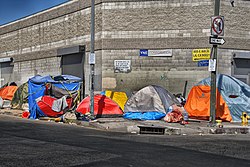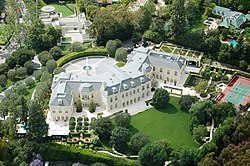This article may incorporate text from a large language model .(August 2025) |
This article needs additional citations for verification .(February 2023) |
In economics, the consumption distribution or consumption inequality is an alternative to the income distribution or wealth distribution for judging economic inequality, comparing levels of consumption or spending rather than income or wealth. [1] This is an important measure of inequality as the basic utility of the wealth or income is the expenditure. [2] People experience the inequality directly in consumption, rather than income or wealth. [3] [4] World Bank lists 118 countries based on consumption inequality compared to 68 countries based on income inequality. [5]

